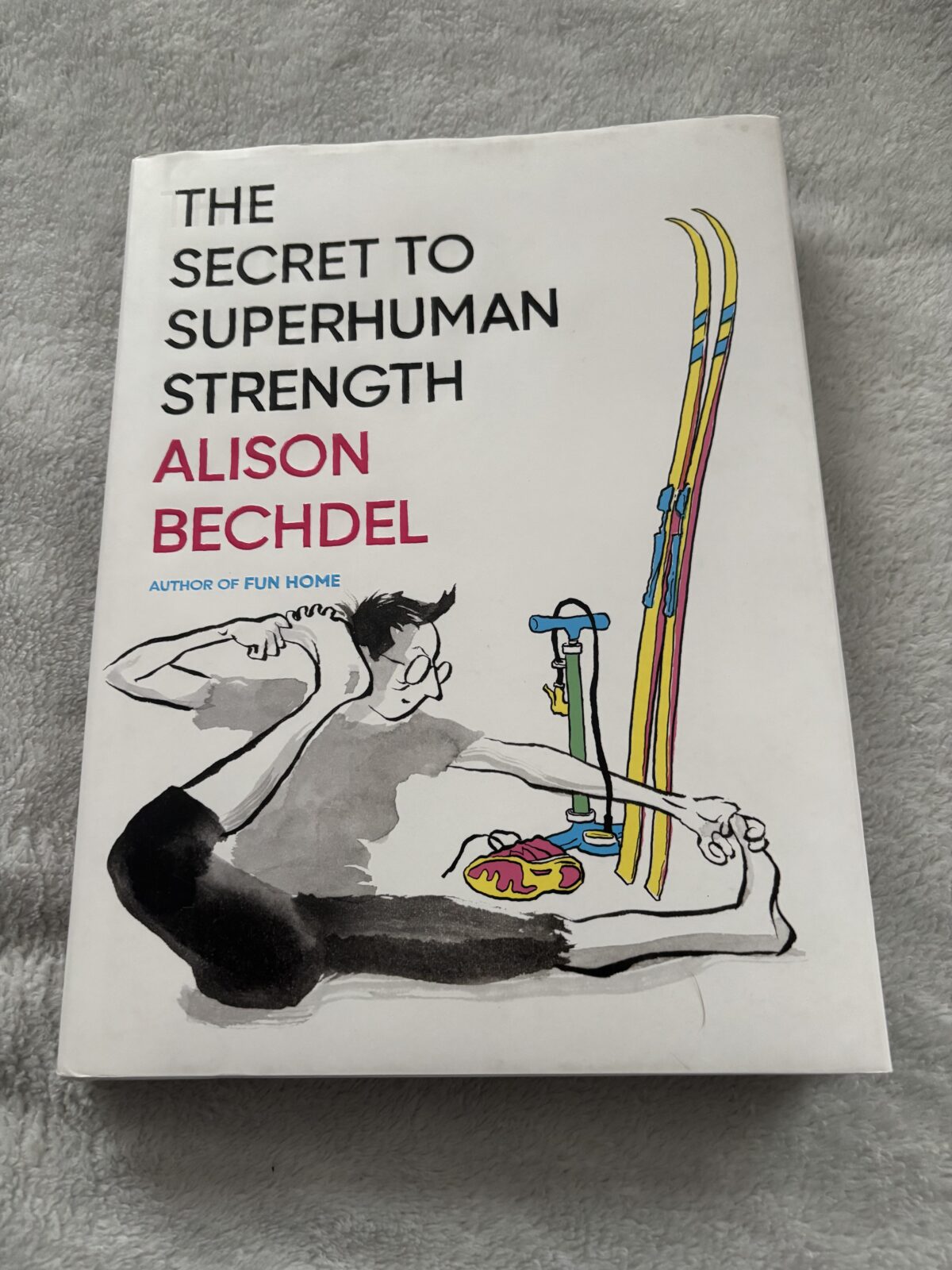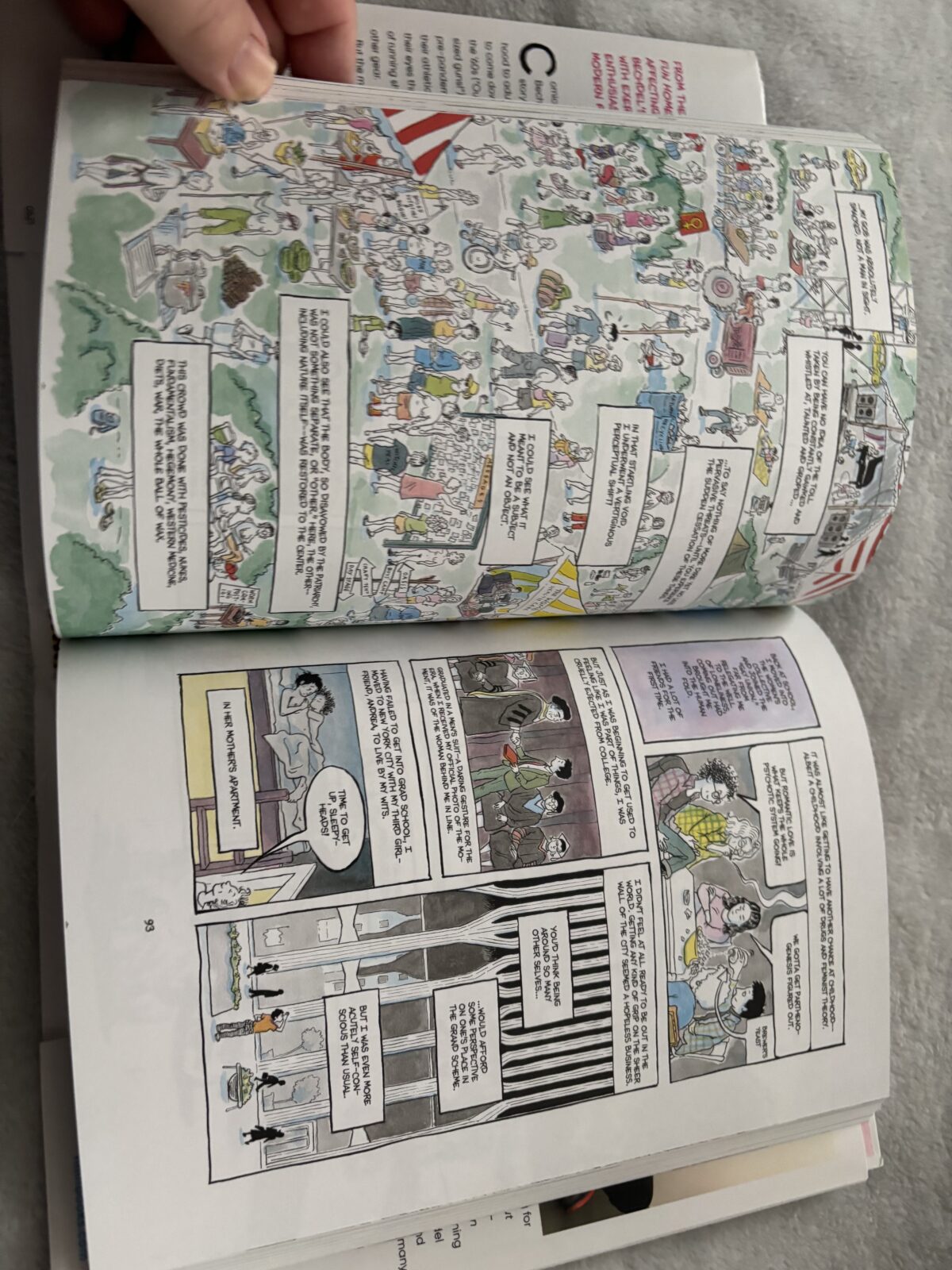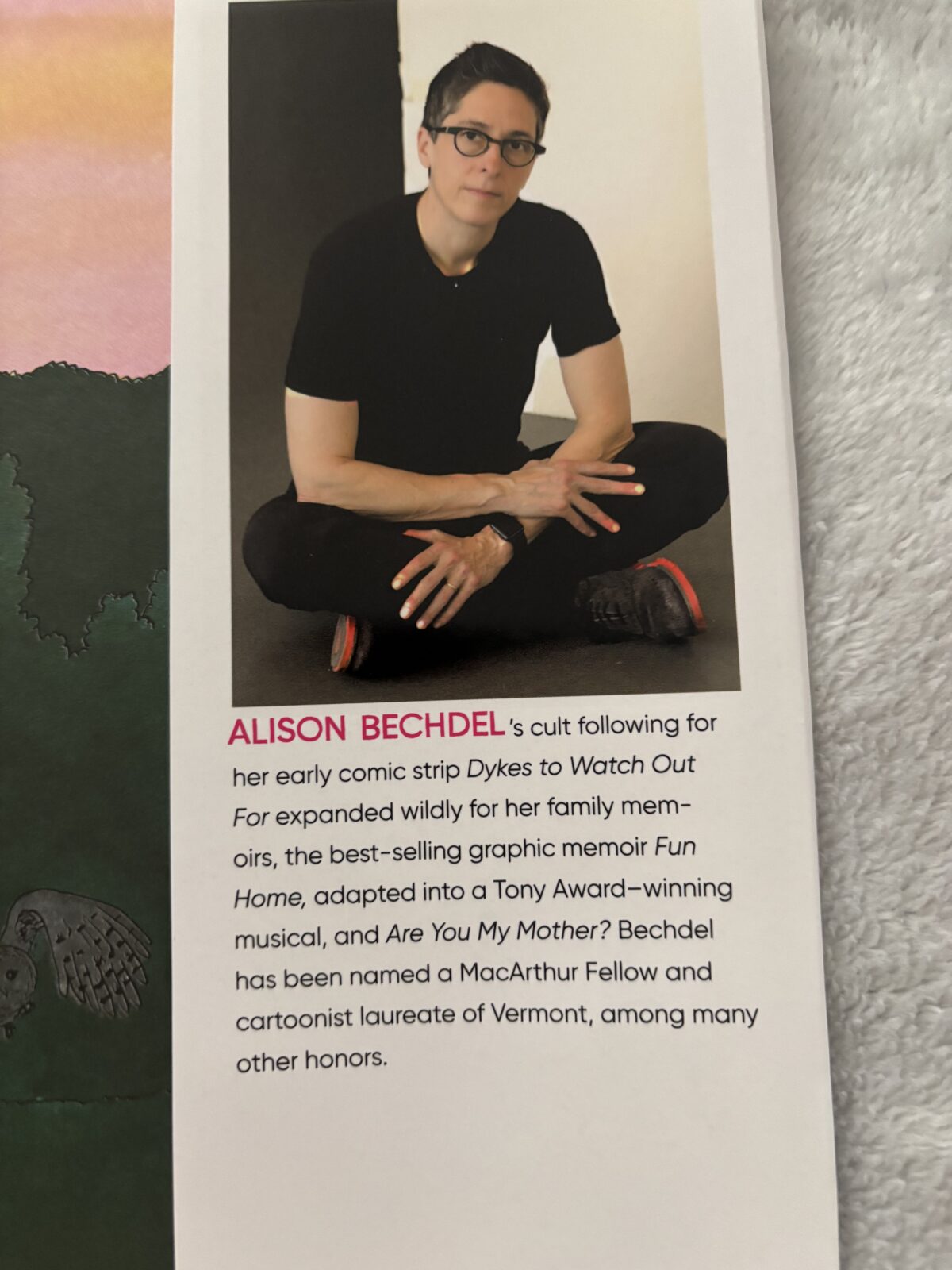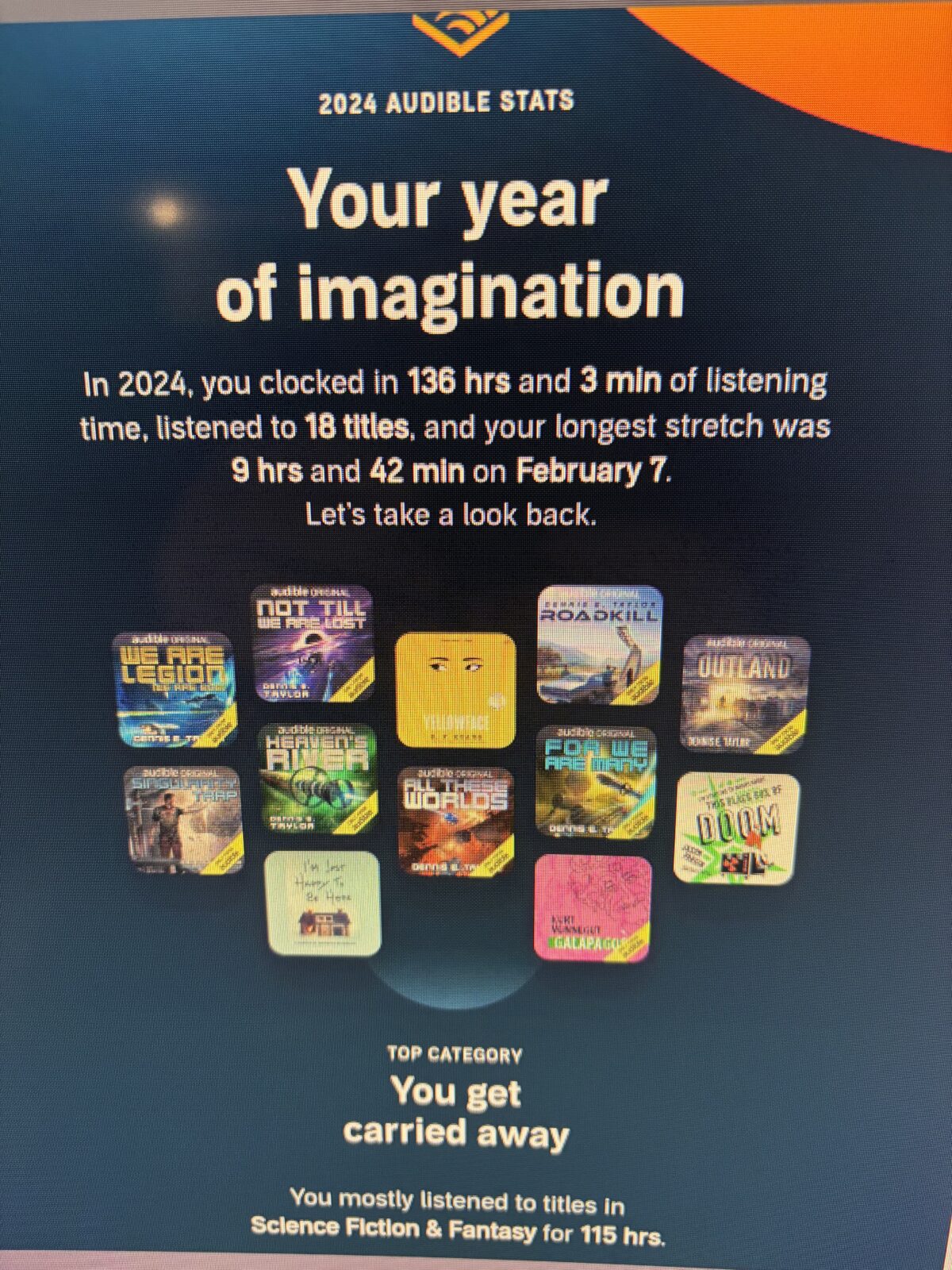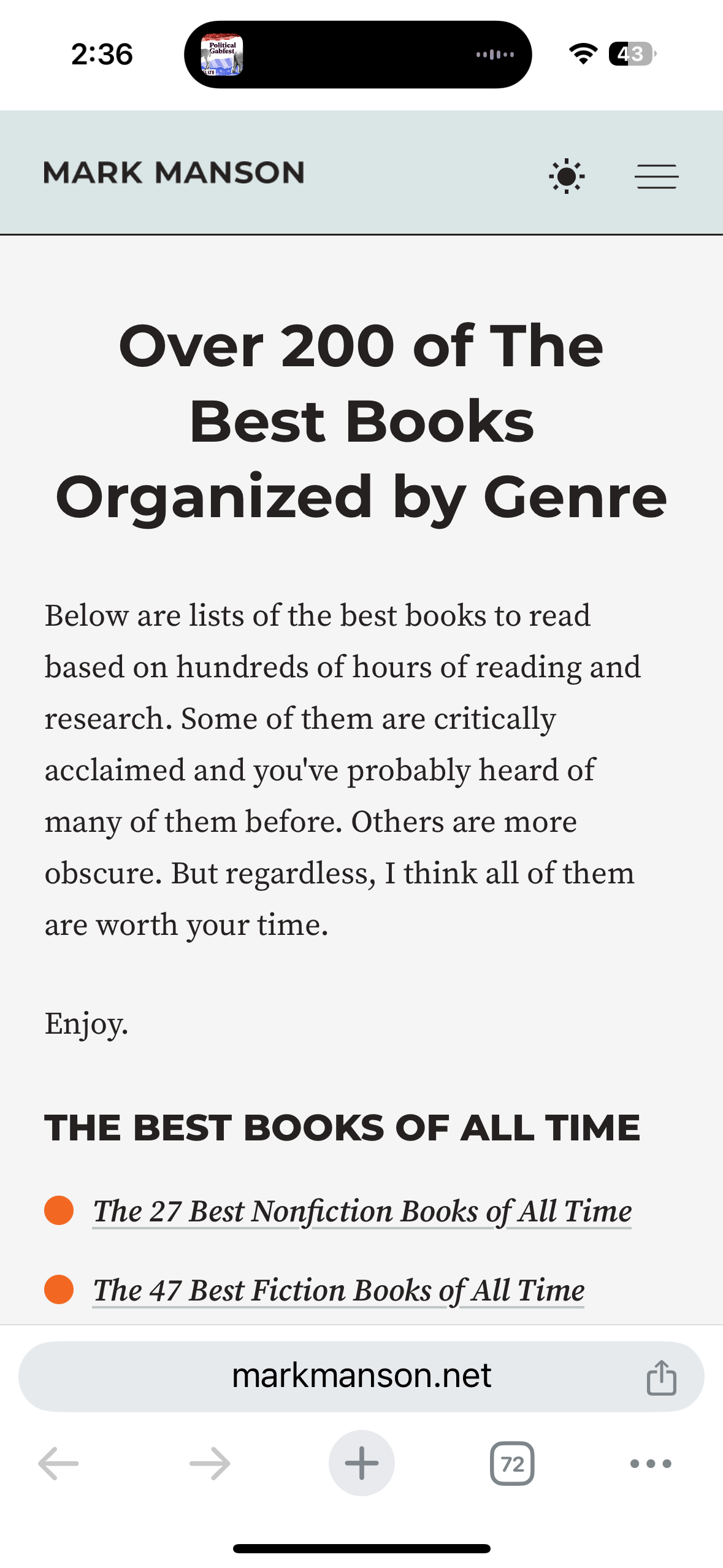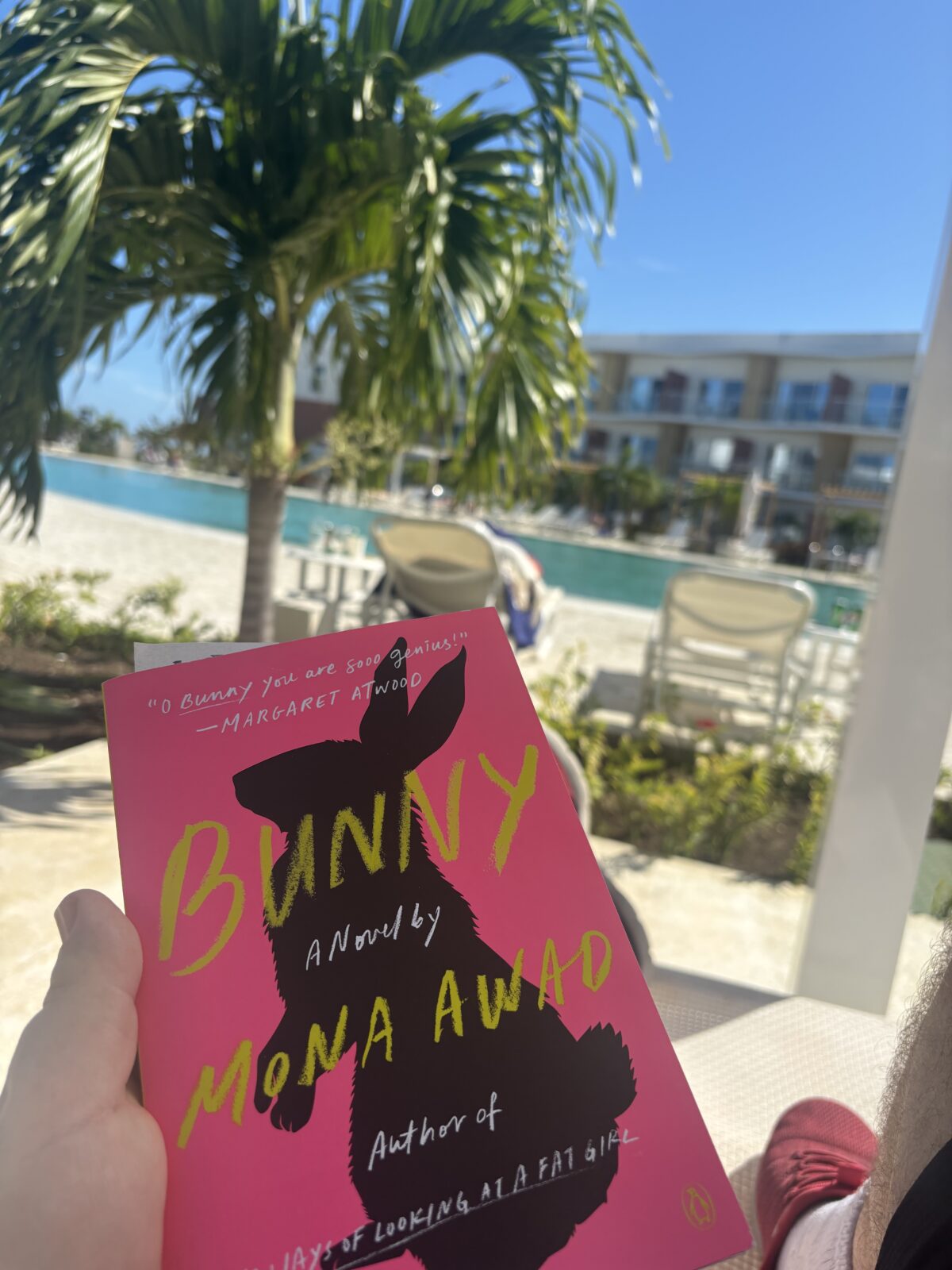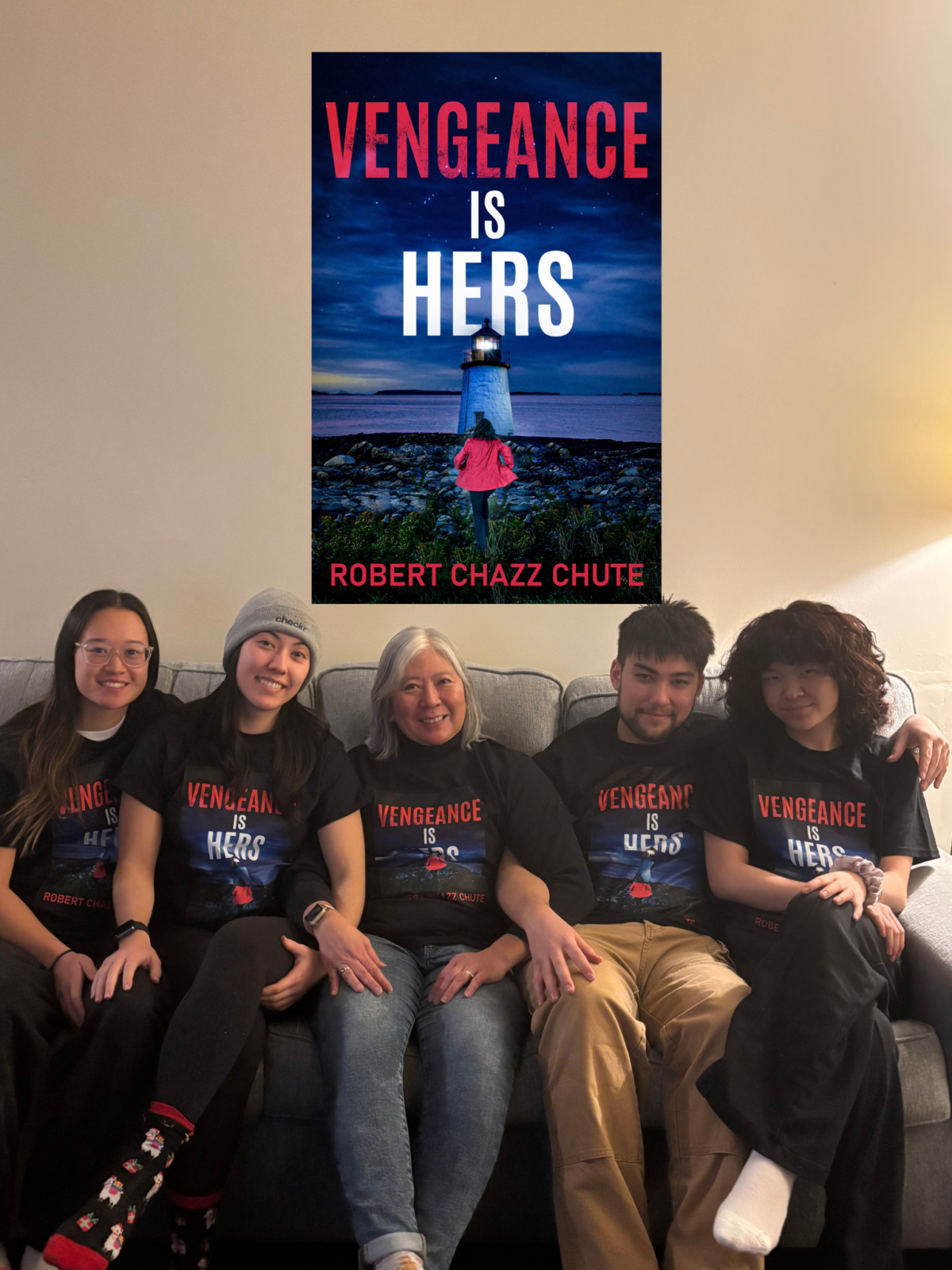I spent the last couple of mornings working on a short story for a big writing contest. Between editing the new novel and beginning work on the sequel, I have found renewed purpose in my writing. After a fallow period, I’m in a creative frenzy again. The days fly by, and I’m always surprised how late it is when I come up for air. I’m having a great time here at Ex Parte Press world headquarters, but maybe it’s time for a change.
Then
I can’t remember a time when I couldn’t read or write. I always wanted to be a writer. I thought journalism was the way in and wrote for magazines and newspapers. By the time I finished journalism school, I’d become disillusioned with the newspaper business. I wanted something more creative. I freelanced for magazines and wrote a regular column. Speech writing was rewarding, but there wasn’t enough of it. I won a bunch of writing contests, but mostly, I wrote for myself. Often creating worlds long into the night, I immersed myself in the work. More compulsion than plan, I just had to write. There was no goal other than the work itself. Always focused on composing the next shiny word bauble, I did not submit anything to publishers or agents.
Why did I hold myself back? A character flaw. I haven’t had a boss since 1991. I always eschewed team sports. Even the word “submission” connotes many agents’ and publishers’ relationship with their stables of ink-stained wretches. “Spec” is another clue to the hierarchy. Working on spec, you are a speck. In short, I have a history of being a control freak. On the other hand, I’ve worked collaboratively multiple times and enjoyed it, so maybe I’ve grown.
Ancient History
After graduating from the Banff Publishing Workshop boot camp, I moved from the East Coast to Toronto and found myself in the publishing industry. I toiled in production, editorial, sales, and marketing. My exposure to the industry played a big part in how I felt about the establishment. I sat in meetings where authors, the backbone of the business, were openly disparaged. The choices of what was bought and sold often held a distasteful element of caprice and snobbery.
I entered the arena with such romantic ideas about publishing. I left with a greater understanding of the world. This is true everywhere, no matter the industry: Some firms court and hire geniuses, but every staff has a knob (sometimes several more than few). It’s not easy finding a good match with an agent or a publisher. And yet, here I am, contemplating the possibilities in earnest.
Why so cautious, though? The simple answer is plenty of authors have horror stories about their agents and publishers. For instance, back in the early days of Twitter, some agents used the medium to show their asses. These self-proclaimed sharks made fun of pitches they deemed unworthy. Whether it was foolishness, fatigue, or hubris, some made sweeping generalizations about what books were “acceptable.” Not just to their taste, mind you! Just, in their eyes, bad and wrong. “No characters with synesthesia! No divorced dads writing about being divorced dads!”
I understand agents’ need to curate, even discourage, the incoming avalanche over the transom, but the offenders’ tone was offensive. (Full disclosure: I’m not a divorced dad, but I did write a main character on the spectrum who also experienced synesthesia. It’s my most successful series.)
Now
Someone asked me what changed my mind about jumping back in the traditional publishers’ end of the pool. The reasons are multi-factorial, but here’s a peek inside the nutshell:
- Political forces have changed. That affects my chances of getting read. Many are already boycotting Amazon. As the next four years progress, I expect more readers will opt to buy from other legacy publishing platforms. I’ve done well by Amazon in the past, but the Amazon gold rush has been over for years. It’s time to seriously explore ways to expand my readership.
- I haven’t enjoyed the marketing end of the business. My experiments with going wide to other e-publishing platforms have consistently failed. Amazon marketed me best. They simply proved themselves better at selling my genres. It’s time to give going wide another try, but this time, I mean really wide. Bookstores, book fairs, book clubs. I’ll show up to the opening of an envelope if it means I get a chance to interact with readers and plug my book.
- Like Batman, it would be nice to have some backup, so I’m looking for a solid partner, a Robin, if you will. I want more heft behind my next marketing push. Before someone chimes in, I know! I know! Most publishers offer very little marketing support. For sound financial and logistical reasons, even if you get hyped, it doesn’t last long. Most marketing still depends on the author. I have no illusions about that, but I’m also willing to do more on the marketing side than I have in the past.
- The high commercial potential of my latest novel makes a big difference here. I find myself with an up-scale thriller that isn’t bogged down with the drawbacks of my usual genre choices. With an intellectual property that is easier to sell to a broader audience, it’s a good time to jump.
- My wife had a health scare recently. We’re dealing with that, and it’s going well, but going hybrid makes more sense from a time management perspective. Despite my independent leanings, I’ve never really been a one-man band. I have great resources among my friends: my editor, Gari Strawn, my prime beta reader, Russ, my graphics people, and many supportive readers. The term self-publishing is a misnomer. I’ve never published alone. However, partnering with the right agent and publishing firm would spread some of the responsibilities around.
- Perhaps most important of all my considerations, going hybrid now makes more sense because I have recently developed a shortlist of likely agents. My strategy is not to blanket the planet with pitches. I’m aiming at particular targets. If it doesn’t work out with literary agents whom I consider the A-Team, I’ll go it on my own as I have since 2010.
- I’ve written a bunch of good to great to excellent novels. Don’t believe it? Just ask me. The writing quality is there. The visibility is not. I’ve long felt my literary stock is undervalued. By opening myself to options and trying something different, my work might finally get noticed.
That’s my why of becoming a hybrid author. Now, to work on the how.

